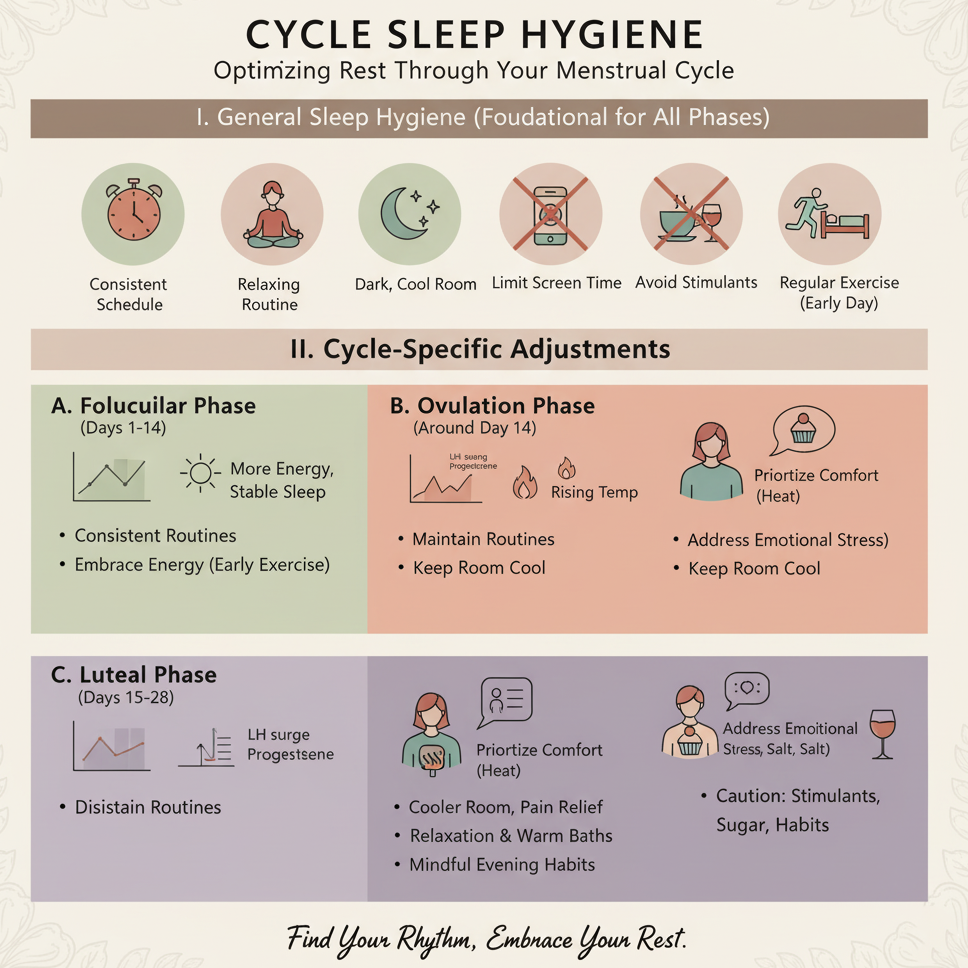Pregnancy Goal Setting

Published
21 September 2025 |
Written by
Dr. Lauren Hayes
Turning your pregnancy into a structured and rewarding experience involves setting clear goals. This approach helps reduce anxiety, ensures better preparation, and builds confidence for parenthood. All goals should be discussed with your healthcare provider, especially if high-risk factors are present.
-
Choose a Tracking Tool
Select a digital or physical tool (e.g., a calendar, notebook, or mobile app) to input your due date, creating a personalized timeline for trimester-specific goals. Choose a tool that suits your needs for tracking milestones and reminders.
-
First Trimester Goals (Weeks 1-12)
-
Schedule a Prenatal Visit: Arrange your first appointment with a healthcare provider to confirm pregnancy and establish care.
-
Start Folic Acid Supplements: Take 400-800 mcg of folic acid daily to support fetal neural tube development. Consult your doctor for the appropriate dosage.
-
Reduce Caffeine Intake: Limit caffeine to under 200 mg daily (roughly one 8 oz cup of coffee) to promote early fetal development.
-
Second Trimester Goals (Weeks 13-26)
-
Monitor Fetal Movements: Starting around weeks 18-20, track baby kicks or movements. Record activity daily (e.g., aim for 10 movements in 2 hours by week 28) and contact your doctor if you notice significant decreases.
-
Plan Maternity Leave: Discuss timing and logistics with your employer to prepare for a smooth transition.
-
Third Trimester Goals (Weeks 27-40)
-
Create a Birth Plan: Outline preferences for labor and delivery, such as pain management or newborn care, while remaining flexible for medical needs.
-
Pack a Hospital Bag: Prepare essentials for you and the baby, including clothing, toiletries, and important documents.
-
Emotional and Mental Health Goals
-
Daily Journaling: Write about your feelings and experiences to manage stress, which can impact fetal growth.
-
Join a Support Network: Connect with other expectant parents through local or online groups for shared experiences and emotional support.
-
Partner Involvement
Encourage your partner to participate in goal setting and tracking, such as attending appointments or discussing the birth plan, to foster mutual support and preparation.
-
Track Progress
-
Set reminders for appointments and milestones to stay organized.
-
Regularly review goals to ensure they align with medical advice, especially for high-risk pregnancies (e.g., hypertension or history of preterm birth).
Benefits
-
Reduced Anxiety: A structured plan provides clarity and control.
-
Better Preparation: Proactive steps ensure readiness for each stage.
-
Sense of Achievement: Meeting goals boosts confidence for parenthood.
Practical Tips
-
Tracking Tools: Use a simple tool like a notebook or phone reminders to log your due date, appointments, and goals.
-
Nutrition: Beyond folic acid, maintain a balanced diet with adequate iron, calcium, and healthy fats. Consult a dietitian for specific needs, such as gestational diabetes.
-
Fetal Movement Monitoring: In the second trimester, use a notebook or simple counter to track movements. Report significant changes to your healthcare provider.
-
Birth Plan Flexibility: Include preferences in your plan but be prepared to adapt based on medical circumstances.
-
Mental Health: Stress can affect fetal development. Try relaxation techniques like prenatal yoga or meditation and seek local support groups for expectant parents.
-
High-Risk Pregnancies: If you hav
Related Articles

Week 37 - Full-Term Begins
Published
21 September 2025
Written by
Dr. Lauren Hayes

Cycle Self-Care Rituals
Published
21 September 2025
Written by
Dr. Lauren Hayes

Cycle Sleep Hygiene
Published
21 September 2025
Written by
Dr. Lauren Hayes

Symptom Alert System
Published
21 September 2025
Written by
Dr. Lauren Hayes

Week 33 - Fat Accumulation
Published
21 September 2025
Written by
Dr. Lauren Hayes

Week 10 - Fingernails Form
Published
21 September 2025
Written by
Dr. Lauren Hayes

Week 38 - Organ Maturation
Published
21 September 2025
Written by
Dr. Lauren Hayes

Revolutionizing Menstrual Health Management
Published
21 September 2025
Written by
Dr. Lauren Hayes